What Is Predictive Analytics? (And How Can It Help Me Get into Medical School?)
We’re proud of how our Master of Science in Medical Sciences (MSMS) programs leverage innovative technology and excellent student support services from our partner schools to produce competitive graduates who go on to succeed in health profession schools. We also appreciate that some of aspects of our program’s technology may not be familiar to some readers.
We’ve already described the basics of how a dynamic classroom works in a previous article. In this one, we’ll provide an overview of predictive analytics: what it means, how it works, and how we apply it in our MSMS programs to help you achieve your goals of getting into medical school.
Predictive Analytics: Defined
Predictive analytics is the process of using computer technology and statistics in order to identify patterns within data that can be used to determine the likelihood of future outcomes. It is a rapidly growing area of data science that is powered by:
- Advancements in computing capabilities, such as machine learning
- The availability of ever-larger sets of data generated by our daily activities
- Advancements in statistical modeling that produce more accurate and more detailed insights
Predictive analytics is used to define opportunities and risks to inform decision-making in a wide variety of industries, including scientific research, medicine, finance, banking, security, and—increasingly—higher education.
How Predictive Analytics Is Used in Other Fields
Most of us are familiar with two industries that have pioneered the use of predictive analytics: insurance and weather forecasting. Both of these industries have historically gathered very large data sets to inform their decision-making processes for decades, using primitive computing and statistical modeling to generate predictions.
Until the start of the Internet era, most other industries didn’t always have access to similar masses of data, or to the computers that made analyzing that data possible. The amount of data we generate experienced another leap forward once smartphones became available around 2005. Nowadays, most people generate thousands of points of data every day, whether it’s heart rate data captured by a smartwatch, credit card payments, ads they click while browsing social media, or other information. As a result, many industries can make use of predictive analytics. A few examples include:
- Finance and banking – Companies can use predictive analytics to detect fraudulent activity on credit cards and make better predictions about investment performance.
- Marketing – Analysts can determine how people in a specific location react to its latest social media campaign or identify new markets for a product.
- Retail – Companies can use predictive analytics to recommend new products to users on their websites or decide how much inventory to order based on past trends.
- Medicine – Researchers can use predictive analytics to model how different compounds will affect biochemistry, potentially identifying new drugs to test.
As classrooms integrate more technology into daily instruction, predictive analytics also opens up interesting possibilities in education.
How We Use Predictive Analytics In the MSMS
The Tiber Health MSMS program wants to help students become the best possible medical school applicants they can be. This means providing them with detailed insight into how they are performing now—and how they could perform in the future.
Our MSMS program employs a dynamic (or “flipped”) classroom model. This combines self-directed online study outside of class time, and hands-on activities and discussions in class. Students generate data whenever they interact with questions or activities in the online coursework, and also during in-person classes when using touchscreens to answer quizzes, participate in virtual dissections, or complete other activities. This data is what we use to power our predictive analytics model.
What Predictive Analytics Can Tell Us About Your Performance
The data generated by our MSMS students in their classes can be used to understand performance in incredible detail. We can determine not only which classes students excel or struggle in, but which specific content areas within each class need the most work. Faculty can use this data to help coach students or provide career advising—for instance, a student aiming at an MD program may actually show patterns of performance that predict better success in optometry or dentistry. We can also see which types of lessons connected with students and which didn’t, allowing staff to continually refine and improve the curriculum.
In addition to being able to capture information about each student’s current performance, our predictive analytics model can also generate a real-time prediction of how the student is likely to perform on the US Medical Licensing Exam (USMLE) Step 1. The USMLE Step 1 is taken at the end of year two at most medical schools. So, when our students graduate, they can show medical school admissions committees a data-driven prediction of their future performance as well as their achievements during the MSMS program.
Find Your MSMS Program
Does a technology-powered special master’s program sound like it could be your ideal pathway into medical school? The Tiber Health MSMS is available at colleges and universities around the U.S. Find a Tiber MSMS partner school near you today.



